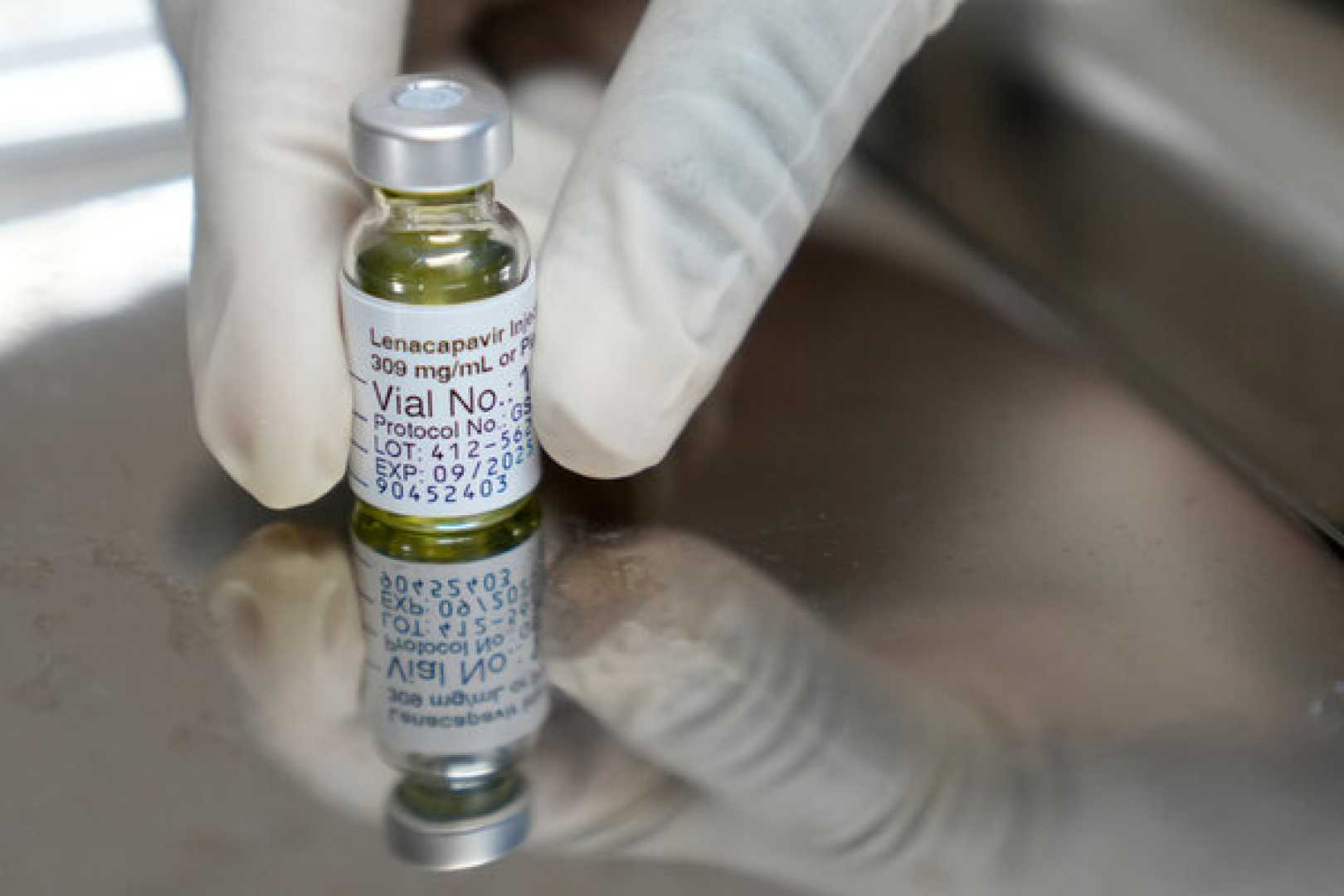Health
FDA Approves Lenacapavir: A Potential Game Changer in HIV Prevention

WASHINGTON, D.C. — The U.S. Food and Drug Administration (FDA) has officially approved lenacapavir, a new injectable drug designed to prevent HIV infections, on June 18, 2025. Manufactured by Gilead Sciences, this breakthrough treatment requires only two injections a year and could offer a more accessible alternative to daily HIV prevention pills.
Clinical trials indicated that lenacapavir provides near-total protection against HIV infection. Daniel O’Day, CEO of Gilead, called this approval a “milestone moment in the history of HIV.” He emphasized that lenacapavir is “the best tool yet in helping end the HIV epidemic for everyone, everywhere.” According to Gilead, the drug will be marketed under the name Yeztugo.
The approval of lenacapavir could greatly benefit those who struggle with adherence to daily medications. Current standard preventive care, a daily pill called Truvada, effectively prevents HIV but often faces issues with patient compliance. Gilead’s new drug may help overcome these barriers, particularly for individuals who experience stigma related to HIV.
Despite its potential, the treatment comes with a hefty price tag of approximately $28,000 per year, raising concerns about its affordability in lower-resource countries. Gilead is working on increasing access to lenacapavir, including signing licensing agreements with generic manufacturers to produce the drug at a lower cost.
In clinical trials referred to as PURPOSE 1 and PURPOSE 2, lenacapavir demonstrated impressive efficacy rates, with no infections reported among female participants in South Africa and Uganda during the trial period. Among a diverse group of participants in another trial, only two contracted HIV out of over 3,200 individuals given the drug, marking a 96% effectiveness rate.
Global health officials and organizations, including Unitaid, are hopeful that lenacapavir’s FDA approval may spur other countries and regulatory bodies to expedite their own approvals. They highlight the importance of ensuring accessibility, particularly in countries bearing the highest HIV burdens.
While Gilead aims to provide lenacapavir to up to 2 million people at cost in specific countries awaiting generic supply, experts suggest that is insufficient to address the widespread need for HIV prevention solutions. As the drug becomes accessible in the U.S., concerns about funding cuts to HIV prevention initiatives could undermine its global reach.
Andrew Hill, a researcher at Liverpool University, noted that while lenacapavir could theoretically be produced for much less than its list price, actual distribution and pricing strategies will ultimately dictate its impact on the HIV epidemic. “It’s a very difficult situation,” Hill said, emphasizing the critical need for effective access to this game-changing drug.












